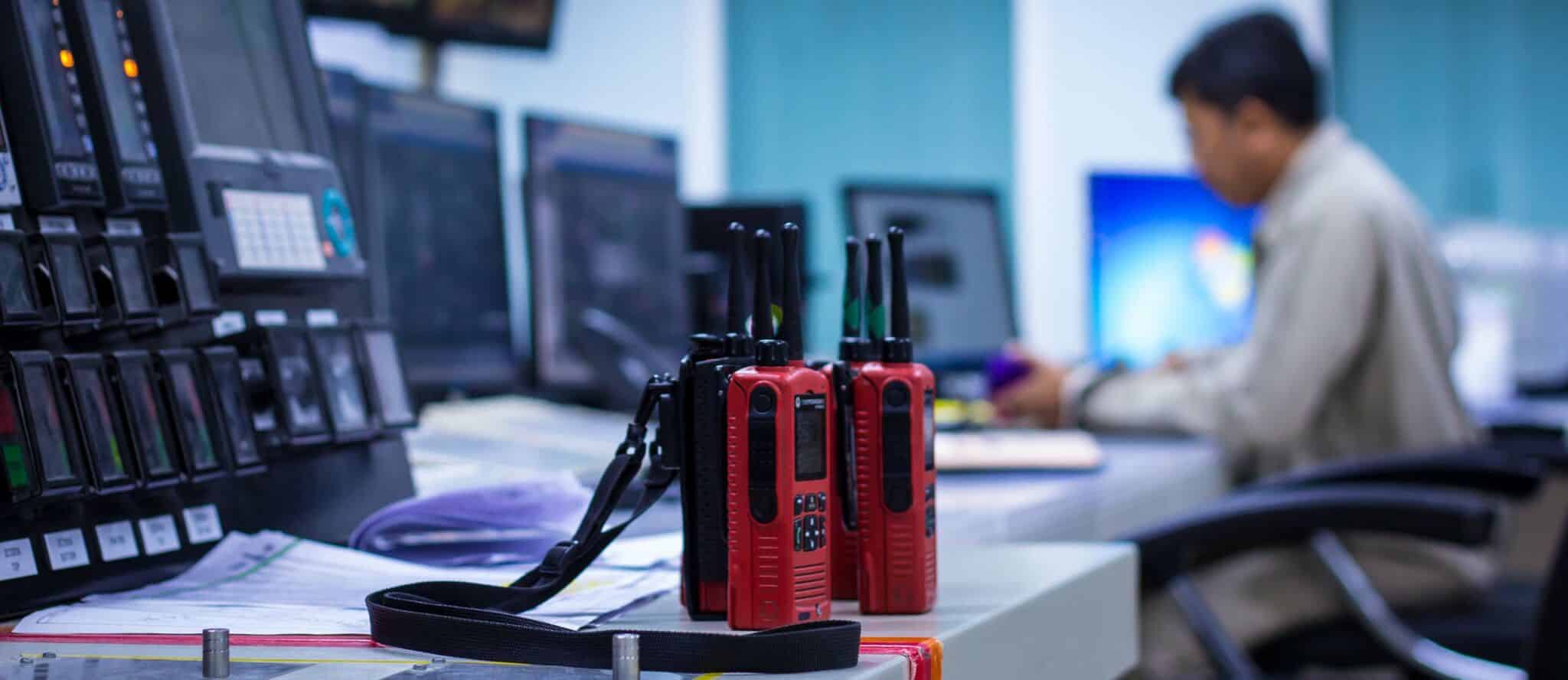
The Second-level Short Specialisation Degree in Security and Emergency Logistics prepares executive-level military and civil personnel of the Defence Administration, personnel from other Public Administrations, Protezione Civile, and volunteering, professional and industry sectors with high-level profiles.
The course applies a multidisciplinary approach in providing knowledge, competencies and tools to process, promote and communicate strategies and solutions to logistics issues related to crisis or emergency situations, in highly diversified contexts, with complex and high-risk dynamics.
The Master’s Course focuses on highly qualified profiles, capable of tackling the uncertainties that occur during national emergencies in a holistic approach.
The course units of the Second-level Short Specialisation Degree in Security and Emergency Logistics comprise lessons, seminars, technical visits, project works and final exam, and provide specific and structured qualification to tackle and solve the uncertainties that occur during national emergencies in a holistic manner.
At the end of the Master’s Course, every attendee will be capable of managing emergency situations, alone or within an organized group, with a preparation level that no other training path provides.
The Second-level Short Specialisation Degree in Security and Emergency Logistics prepares executive-level military and civil personnel of the Defence Administration, personnel from other Public Administrations, Protezione Civile, and volunteering, professional and industry sectors.
The professional figures trained by the Master’s Course can aspire to technical and administrative roles with (local, regional and central) field competencies; technical and executive roles in public companies; technical and executive roles in private companies managing public ownerships that can have an influence in case of emergency.
The Second-level Short Specialisation Degree in Security and Emergency Logistics provides training on:
Module 1: INTERNATIONAL RELATIONS AND CONTEMPORARY SOCIAL PHENOMENA ANALYSIS A, B
Historical-constitutional framework; territorial geography, geo-politics; cultural relationships; diplomacy. The Historian, Geographer and Sociologists’ standpoint.
Module 2: NATIONAL AND EUROPEAN EMERGENCY RESPONSE STRUCTURE
Civil protection; competent bodies; operating structures; emergency planning; coordination centres.
Module 3: STRATEGIC SCIENCES AND OPERATIVE PLANNING
Strategic thinking; cold war strategic doctrines; national strategy; Defence planning process.
Module 4: LEADERSHIP AND EMERGENCY GOVERNANCE
Leadership and collective action; negotiation; conflict management; communication mechanisms.
Module 5: CALAMITY RISK MANAGEMENT
Vulnerability in emergency situations; methodologies; plan drafting; response organization; resource management; study cases.
Module 6: IDENTIFICATION OF CRITICAL INFRASTRUCTURES A, B, C
Strategic transport network management; safety and threats; defence strategies; geotechnical mitigation; structural modelling; web security; information security; computer and network security; IoT.
Module 7: LOGISTICS AND STRATEGIC TERRITORIAL TRANSPORTATION SYSTEM ECONOMY 1, 2
Transportation and territory; PGTL; PSNPL; transport economy; economic logistics, law and institutions; Defence 4.0; smart transports; predictive maintenance; stock maintenance.
Module 8: LOGISTIC PROCESSES, LARGE COMPANIES AND EMERGENCY SUPPLY CHAIN 1, 2
Traditional and integrated logistics; supply chain management; corporate resource planning, customer relations; data analytics; decision-making process; corporate risk and duality; blockchain and distributed ledger technology.
Module 9: EMERGENCY PROCUREMENT: LEGAL FRAMEWORK AND EMERGENCY-RELATED CONTRACTUAL ISSUES 1, 2
EU and national regulatory tools; contractual obligations; RUP project management; economic analysis; public contracts; international tenders; international contract; controversies.
Module 10: EMERGENCY REGULATION AND EMERGENCY INTERVENTION MANAGEMENT A, B
Administrative activities, procedural discipline; public law; functions and administrations; administrative activity rules.
Module 11: EMERGENCY PSYCHOLOGY 1, 2
Resilience; coping strategies; decision-making models; leadership, maxi-emergency, post-emergency and reconstruction intervention; psychological-social support; operating experience.
Module 12: CRISIS COMMUNICATION
Constitutional P.A. principles; institutional communication; communication strategies; social media and online.
The Second-level Short Specialisation Degree in Security and Emergency Logistics is organized in partnership with the Centro per la Formazione Logistica Interforze (Ce.FLI), at the Centro Alti Studi della Difesa (CASD) of the Ministry of Defence.
The general ranking of merit for the academic year 2025/26 will be published on the Italian page of this Master according to the timing provided in the Call.
Information
FAQ
The course includes weekly lessons, usually on Friday. There is the option for the lessons to be held online on a special platform (Zoom). The course also includes thematic seminars and hands-on practice to prove the applicative aspects of the topics covered. It also includes technical visits, as agreed during the course, also based on the safety limitations set forth by the hosting facilities.
Yes. The project work – that is, a paper on a specific topic to be agreed with the Faculty – must be executed as a dissertation (to be discussed during the Master’s Final Exam).
No. All educational material (presentations, documents, video, etc.) will be provided by the Faculty and made available to the attendees through the Master’s Organizational staff (through the dedicated Moodle platform).
No. The DA has some reserved spots; however, the Master’s Course is addressed also to civilians.

